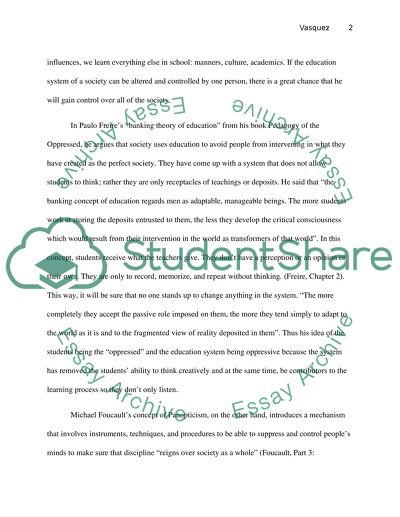Cite this document
(The Contribution of Education System to the Development a Dystopian Essay, n.d.)
The Contribution of Education System to the Development a Dystopian Essay. https://studentshare.org/philosophy/1512884-the-education-system
The Contribution of Education System to the Development a Dystopian Essay. https://studentshare.org/philosophy/1512884-the-education-system
(The Contribution of Education System to the Development a Dystopian Essay)
The Contribution of Education System to the Development a Dystopian Essay. https://studentshare.org/philosophy/1512884-the-education-system.
The Contribution of Education System to the Development a Dystopian Essay. https://studentshare.org/philosophy/1512884-the-education-system.
“The Contribution of Education System to the Development a Dystopian Essay”. https://studentshare.org/philosophy/1512884-the-education-system.


